Upbeat NAB holds out hope of higher dividends
NAB boss Ross McEwan has told shareholders businesses ‘want to get going again’, with agriculture in its best shape for four years.
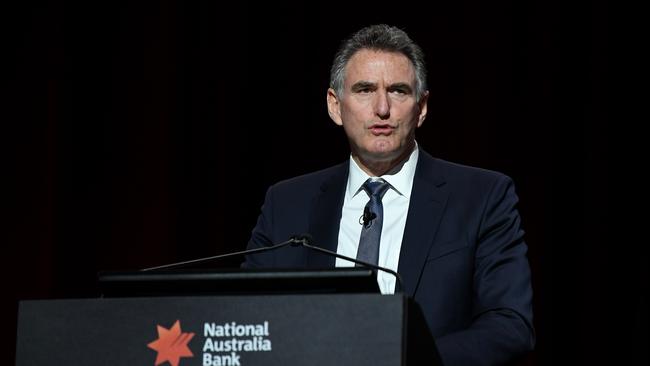
The nation’s businesses “want to get going again” after a year of pandemic restrictions and lockdowns, with agriculture in its best shape for four years, National Australia Bank chief executive Ross McEwan has said.
In an upbeat presentation to NAB’s annual meeting, Mr McEwan said his optimism was fuelled by data indicating that the economy would return to pre-COVID levels by the end of next year, a year earlier than previously expected, and evidence gathered from trips around the country.
“From conversations with customers on these travels, it’s clear that businesses want to get going again,” he said.
“Australian agriculture is probably in its best shape since 2016, thanks to good seasonal conditions and encouraging price trends.
“While revenue headwinds from low credit growth and ultra-low interest rates remain, we see opportunities for growth in our core banking businesses; NAB, Bank of New Zealand and UBank.”
The optimistic note struck by NAB came amid mounting concern about a COVID-19 breakout on Sydney’s northern beaches.
NSW Premier Gladys Berejiklian said the next one to two days would be critical and residents of the area should stay at home, adding that she didn’t want to “understate how serious the current outbreak is”.
In his chairman’s speech, NAB chairman Phil Chronican said 2020 had seen businesses up-ended and economies shattered by the pandemic.
“In the last 24 hours, we have seen in Sydney how quickly the situation can change,” Mr Chronican said.
With banks either deferring dividends or making sharply lower payouts, Mr McEwan held out the prospect of higher returns to shareholders as NAB lifted its performance.
The bank, he said, was a “dividend-paying stock”, and it would resume paying at higher levels when it was right to do so.
In the meantime, achievement of a double-digit cash return on equity would be a key measure of its success, and cost and capital discipline were essential to delivering better returns.
Through the 2021 financial year, the bank would spend $1.3bn on improving systems, simplifying the business, and building capabilities.
Mr McEwan said NAB had been lending $2.4bn per month, at historically low interest rates, and would keep lending to help the country rebound and grow.
“Today our market capitalisation puts us at fourth place on the ASX and second among other major banks,” he said.
“This is for the first time in 12 years. While headwinds remain, there is good underlying momentum in the business.”
Mr Chronican said about 90 per cent of home loan customers who were on deferral had resuming payments.
After experiencing its first recession in nearly 30 years, the nation’s recovery was underway but would take time.
“There will be some sectors that continue to be constrained, some companies whose business models simply don’t work in a COVID-19 normal environment, and some households which will remain under concerning financial stress,” Mr Chronican said.
“As we manage through the recovery, we will remain sensitive to customers in these situations and provide appropriate support.
“We will lend responsibly, with a clear approach not to put people into further debt if they cannot afford to repay.”
The board was also focused on long-term challenges, which was why sustainability was a key part of NAB’s refreshed business strategy for the first time.
“Climate change is an issue that presents commercial risks and opportunities for NAB, as well as for our customers and their communities,” Mr Chronican said.
NAB, he said, was the only Australian bank to have signed the Collective Commitment to Climate Action, binding the bank to a target of net zero emissions in its lending portfolio by 2050.
Investors and activists peppered the bank with questions about its commitment to sustainability and carbon neutrality.
NAB has pledged to reduce its exposure to thermal coal mining to “effectively zero” by 2030, and Mr Chronican said the bank would release its oil and gas policy by the end of 2021.
Like ANZ Bank, NAB is also working on the transition plans of its top 100 carbon-emitting customers.
“Obviously with the way we expect the world to head, companies that do not have a transition plan towards 2050 will run the risk of their business models no longer being viable, and as a bank that becomes a risky exposure,” Mr Chronican said.
More Coverage
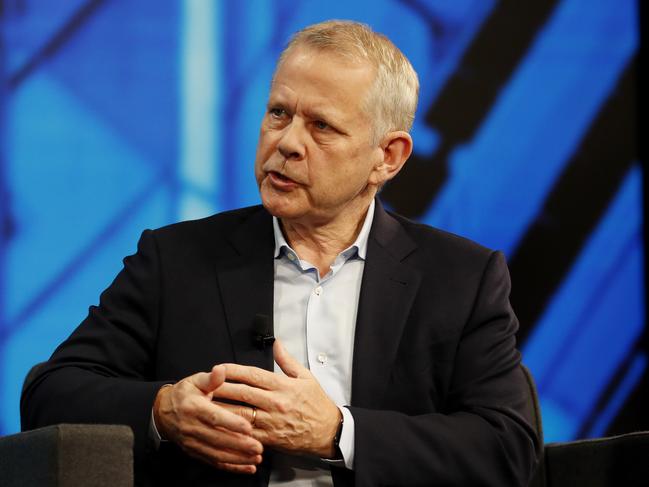


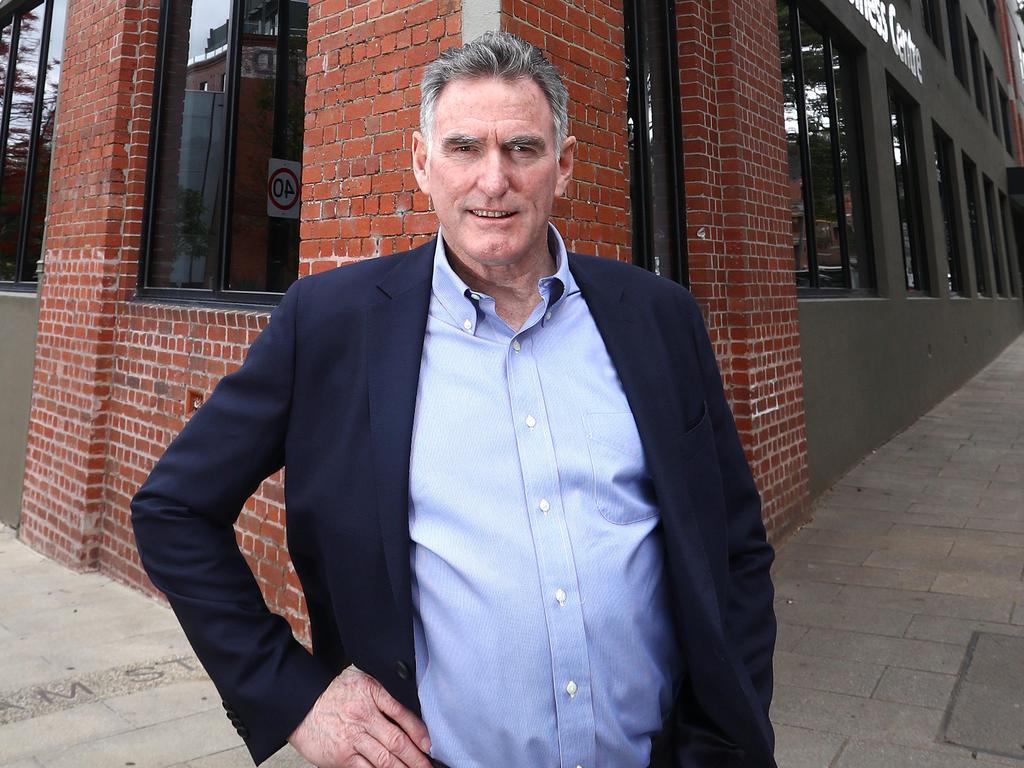

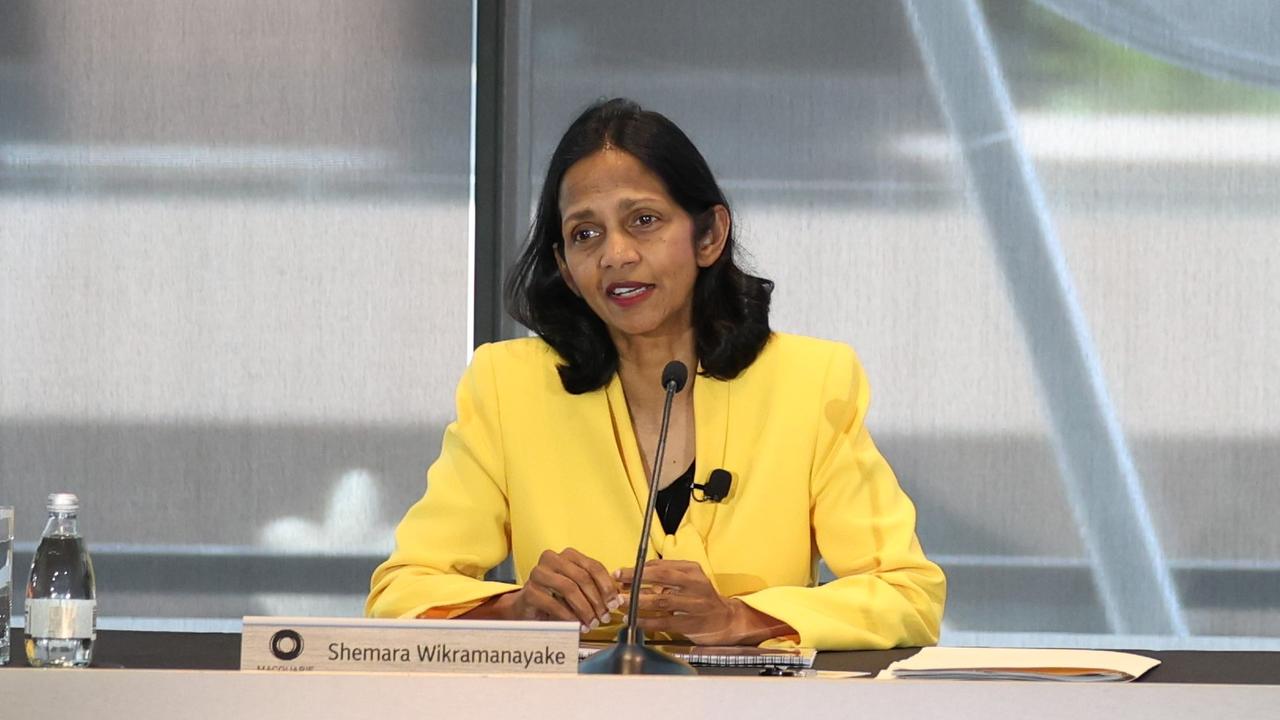
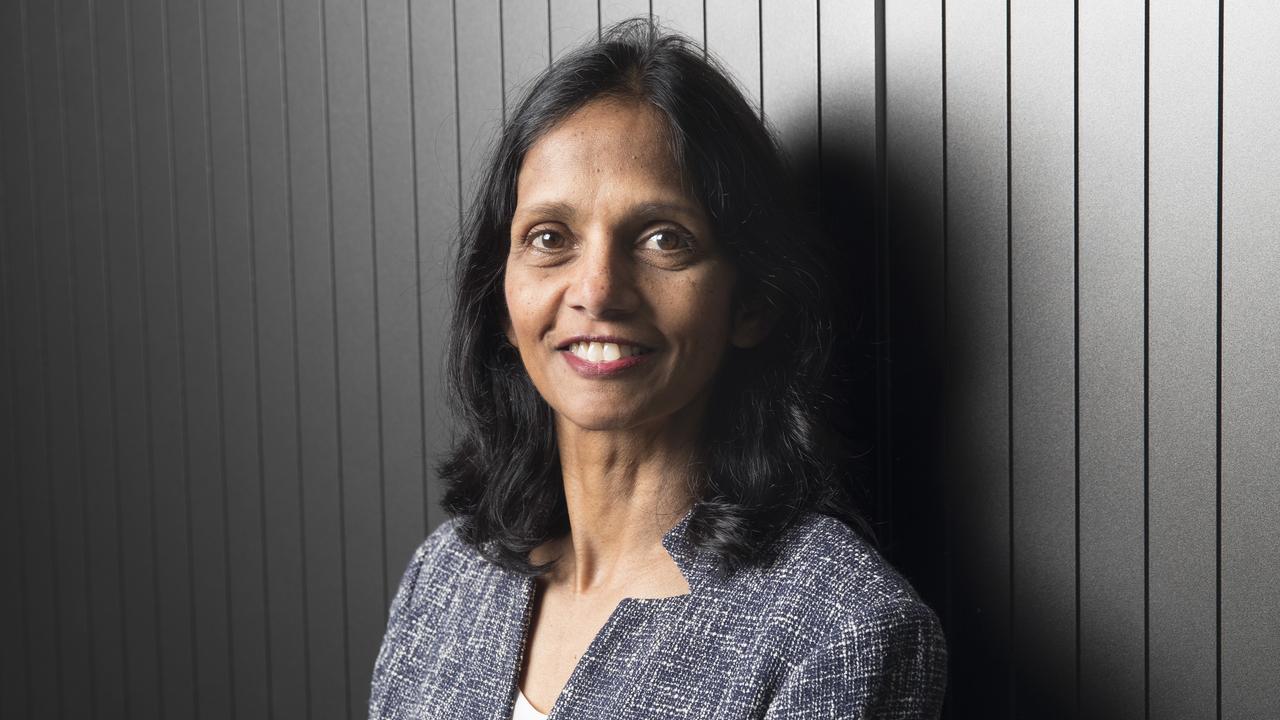
To join the conversation, please log in. Don't have an account? Register
Join the conversation, you are commenting as Logout